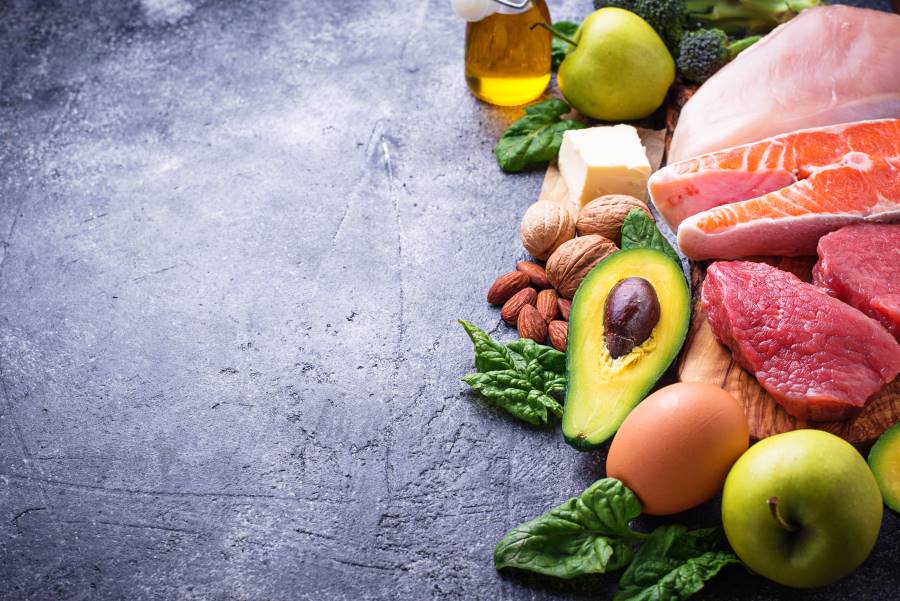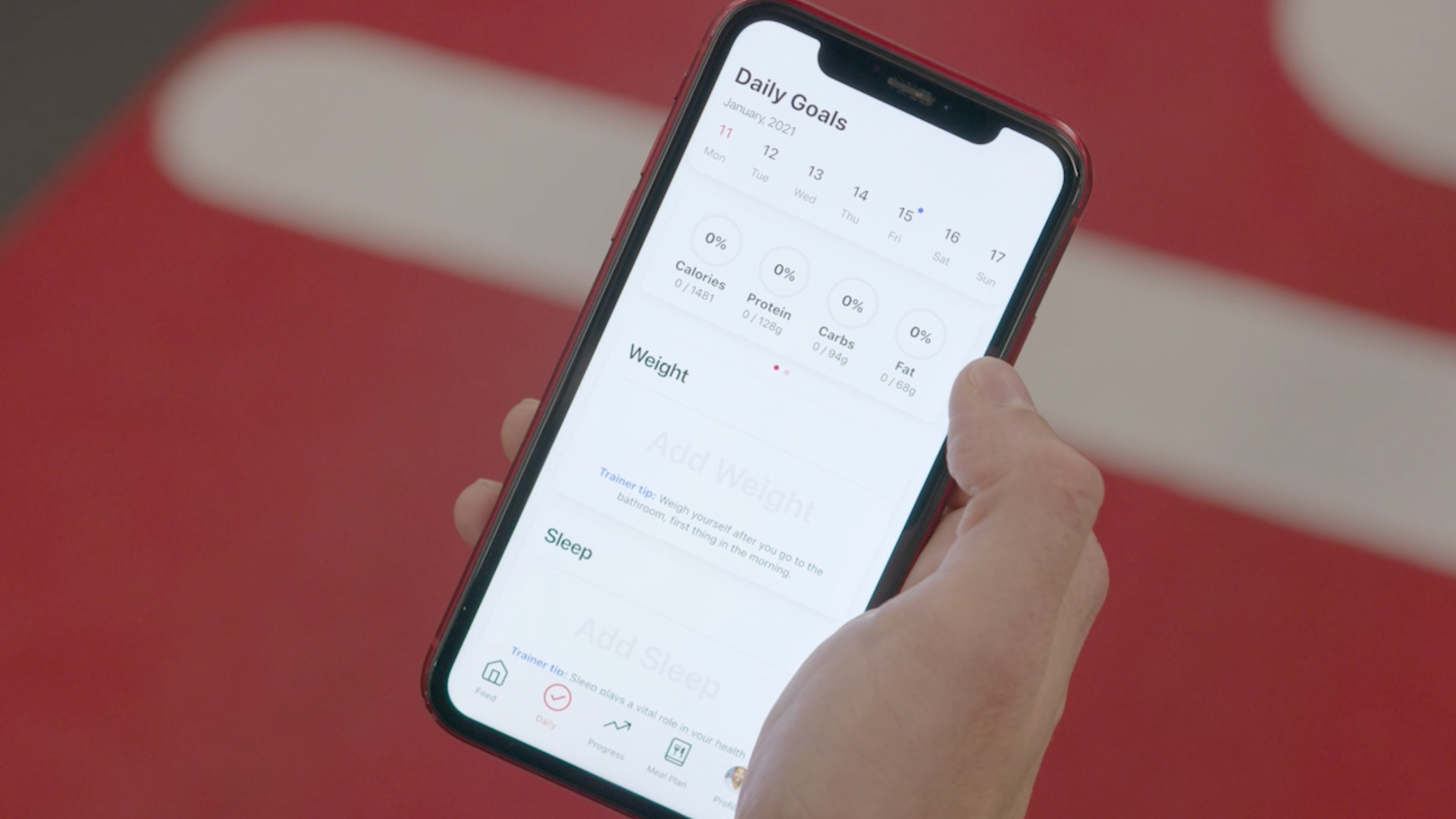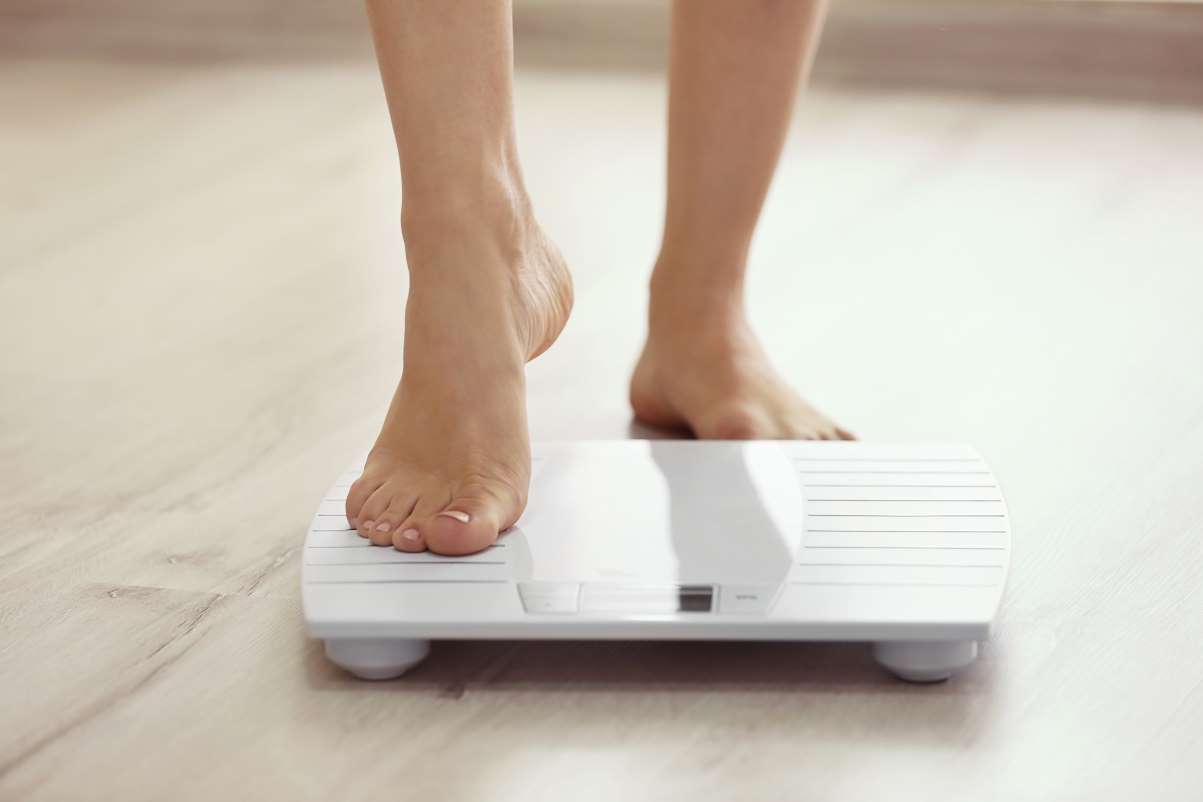Does The Ketogenic Diet Work For Weight Loss? Reviews Of Diets

Right now, the ketogenic diet has become a trend. You will have seen the buzz around keto on social media over the past year.
Some people believe it is the one and only way to lose weight. For others, it may be just another tool for creating a calorie surplus.
What is the ketogenic Diet? What is it? What are the advantages and disadvantages of a ketogenic diet? Is the ketogenic dieting the best way to shed weight?
This second installment in our Diets Reviewed Series puts the claims in the spotlight, and we share everything you need know about Keto.

What is the Ketogenic Diet (KD)?
The keto diet is based on a process called ‘ketosis,’ which occurs when your body does not have carbohydrate sources to use for energy. The stone-age man was unlikely to have had constant access to grains and fruits, or other carbohydrate sources. The human body is adapted to burning fat and producing ‘ketones,’ which are used for energy.
As soon as you enter ketosis your body will undergo biological adaptations such as a reduction in insulin levels and an increase in fat breakdown. These ketones are what give the diet its distinctive characteristics. The keto halitosis is caused by the acetone ketone, which is expelled in part through the breath.
In its strictest form the keto diet is very low carb and high fat. You may not be aware that the keto diet isn’t just low in carbs, but also low in protein. The body can convert protein into glucose through a process called glucogenesis. As soon as your body begins using glucose for fuel, you are no longer in ketosis. If you are thinking of going keto, think twice before drinking that weekend glass of wine.

What foods can you eat when on a Ketogenic Diet?
Some proponents of keto claim you don’t need to count calories to eat low-carb, high-fat foods. This includes eggs, avocados, nuts, cheese, and certain non-starchy vegetables like cucumber and spinach.
The keto diet can be quite restrictive. The keto diet is low in carbs like grains, starchy veggies or high fructose fruits. So say goodbye to your favorite sweets and pasta. Low-sugar fruit like berries is allowed, but in very small quantities. A morning smoothie will not be possible.
Here is a list of foods you can and cannot eat when on the Keto diet.
| Permitted | Amount | Not Permitted/ Restricted | Amount |
|---|---|---|---|
| Seafood | You can also find out more about | Potatoes | No, |
| Cheese | You can also find out more about | Sweet potatoes | No, |
| Avocado | You can also find out more about | Rice | No, |
| Meat and poultry | Limited | Honey, maple syrup, or any other type of sugar | No, |
| Eggs | You can also find out more about | Fruit juice | No, |
| Full-fat Greek yogurt | Limited | Sweetened Yoghurt | No, |
| Full-fat Cream | You can also find out more about | Baked goods | No, |
| Dark chocolate powder and cocoa | Limited | Bread | No, |
| Broccoli | Limited | Pasta | No, |
| Cauliflower | Limited | Banana | No, |
| Green beans | Limited | Raisins | No, |
| Bell peppers | Limited | Dates | No, |
| Courgette/ zucchini | Limited | Mango | No, |
| Spinach | Limited | Pear | No, |
| Nuts | You can also find out more about | Sweetcorn | No, |
| Blackberries | Limited | Beetroots | No, |
| Blueberries | Limited | Legumes | You can find out more about this by clicking here. |
| Raspberries | Limited | Beans | You can find out more about this by clicking here. |
| Strawberries | Limited | Grapes | No, |
| Olive oil | You can also find out more about | Tomato sauces | No, |
| – | – | Oats | No, |
| – | – | Couscous | No, |
| – | – | Alcohol | No, |
Ketogenic Diet: The Pros
1. There are some health benefits.
Keto experts claim that ketosis boosts metabolism, increases fat loss and reduces appetite [1]. Some studies show that it can improve markers of weight loss, diabetes, and epilepsy.
2. Alzheimer’s disease could be improved.
There is evidence that keto may be beneficial in treating cancer, Alzheimer’s and other diseases [5]. Further research is required to confirm the safety and effectiveness of this nutritional strategy over time.
3. You may feel less hungry.
Keto seems to improve the signaling of hunger. If you enjoy high-fat foods like eggs, nuts and avocados, or fatty meats then keto may help with your diet. A diet rich in healthy grains, starchy carbohydrates and vegetables can also be satiating without restriction.
4. It’s possible that you don’t have to count your calories all the time.
The strict guidelines that govern what you can and cannot eat on a ketogenic diet can make it easier for you to reach your calorie goal.

Ketogenic Diet: The Cons
1. It’s restrictive.
The keto diet allows you to eat a wide variety of foods, but your choices are likely to be less diverse. If you don’t mind eating the same food every day, then the keto diet might be for you. If you think that variety is key to a happy life, then going keto may not be for you.
2. High in saturated fats
The saturated fat in many of the foods that are ‘permitted to eat’ can lead to high cholesterol. According to current guidelines, no more than 10% daily fat should be saturated. Instead, mono- and polyunsaturated foods, like nuts, avocados, olive oil and others, are better for your health [7, [8].
A high-fat diet will also be more calorific when you do not control your energy intake. The calories can quickly add up with 9 kCal/gram (compared to only 4 kCal/gram for carbs and fats). The energy balance must always be the primary requirement for weight loss.
3. It can quickly become boring.
Restrictive diets can be problematic as soon as you think of a social occasion. Diets are only as good as how well they fit your lifestyle. You may be limiting your social and food choices by going keto when there are other options that could be equally effective.
4. Keto diets often reduce fibre intake.
Research shows that fibre has many benefits, including improving mental health and lowering cholesterol. Keto restricts fibre sources, including grains, legumes and starchy vegetables.

The keto diet is often deficient in fibre, which supports health.
Keto claims are examined
Many claims are made about the effectiveness of the ketogenic diet. These range from the reasonable to the outrageous. Do they hold up to the science?
1. Carbohydrates are fat-producing, so eliminating them will lead to weight loss regardless of the energy balance.
Keto supporters believe that eliminating carbs from your diet is crucial for fat loss because of their effect on insulin. Insulin is often criticized as a hormone which stores fat. Insulin is essential for high intensity exercise because it allows carbohydrates to be stored in the muscle cells.
Despite this, both high-carbohydrate and high-fat diets result in similar fat loss rates when calories are the same [10]. Evidence also shows that weight loss improves insulin sensitivity, which is our ability to store and absorb glycogen from muscle tissue. This occurs even with high-carbohydrate diets. Any diet that helps you lose weight will increase your insulin sensitivity. This is true regardless of how much fat and carbohydrates are in the diet.

2. The keto diet increases daily energy expenditure and metabolic rate. You can lose weight even if you don’t reduce your caloric intake.
An important 2018 study showed that reducing dietary carbohydrate consumption increased energy expenditure when maintaining weight loss [13]. Reduced levels of ghrelin also seemed to improve hunger signaling. Some fitness experts concluded that the calorie balance was no longer important and that the increase in metabolic rate would magically counteract all the extra calories from high fat, high calorie foods.
Multiple papers have shown that when the calorie intake and protein intake remain constant, calorie burning remains consistent for both high- and low-carbohydrate diets [14]. Keto may also be less likely than other diets to increase metabolism because it calls for low protein intake. Protein has the greatest thermic effect on food, or TEF. TEF contributes to your total daily energy expenditure by increasing the temperature of your body to digest food. In either case, the claim keto increases metabolism does not hold up to science.

If you have a sufficient intake of protein and a calorie-deficit, you can lose weight using either a low-carbohydrate or low-fat diet.
3. Keto diets will not make you feel hungry.
You shouldn’t be feeling excessively hungry when you’re on a diet to lose weight. Even with the best nutrition strategy, restricting energy intake can lead to hunger.
Research suggests that this may be true. The keto diet has been shown to be effective for overweight and obese individuals due to its ability reduce appetite [15]. Contrary to popular fat loss research, weight-loss programs almost always increase hunger [16]. The weight loss may be due to the fact that keto diets allow adherents reduce their overall caloric intake [17],[18]. Keto also typically eliminates highly processed, highly palatable foods from the diet, and replaces them with more satiating food, like nuts, protein, and certain fruits and vegetables. It is important to note that keto can help you achieve a negative balance of energy while feeling less hungry.
Keto Diet Demystified
The keto diet does have some health benefits. This is due to the fact that it replaces highly processed foods with high-quality, unprocessed sources. The keto diet is a popular choice for many people who claim to be more energetic, less hungry, and better able adhere to their eating plan.
The benefits of the keto diet are not worth the restrictions, particularly when you consider the whole picture. If the keto diet is working for you, then great! For most people, however, there are alternatives that offer the same health benefits, but with more flexibility.
The Key Takeaways
- The ketogenic diet is low in carbs, high in fat, and moderately protein. It usually consists of fatty meat and fish cuts, eggs, oils and nuts, avocados and other non-starchy vegetables such as spinach and cucumber.
- Ketosis, the metabolic state in which the body is in ketosis, is the basis of the ketogenic diet.
- Keto zealots say that by cutting carbs to an extreme, you can burn fat without reducing your caloric intake.
- Keto increases metabolism, but science doesn’t support this claim.
- Research suggests that the ketogenic diet can improve hunger. However, this may be due to dietary changes in general.
- It does not seem that severely restricting carbohydrates will improve fat loss or metabolic rate.
- Keto has strict rules and structure that may be helpful if you don’t like counting calories.
- Keto proponents encourage a high intake of saturated fats and low fibres. This increases the risk for major health problems.
- The success of the Keto diet is its ability to create an energy deficit. We can do this through a variety of other less restrictive methods.